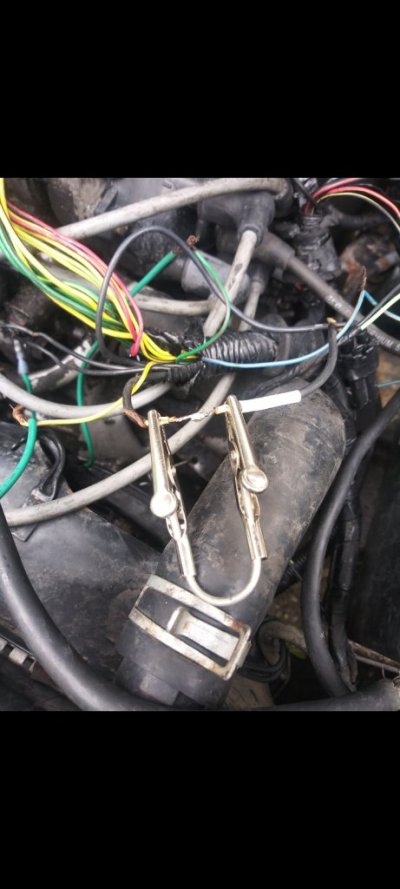SirRobyn0
Full Access Member
- Joined
- Dec 6, 2019
- Posts
- 6,908
- Reaction score
- 11,891
- Location
- In the woods in Western Washington
- First Name
- .
- Truck Year
- 1984
- Truck Model
- C20
- Engine Size
- 305
Never in my life would it occur to me to use the 12v cig lighter in my ashtray for electrical work.
It *IS* really funny when stoners come up to you parked at the Foster's Freeze or whatever and ask you for a light. One time I said, 'one sec', popped in the lighter element, then pulled it out all glowing and tried to hand it to this guy. He recoiled in horror. Said that his older brother used to torture him with one of those and it freaked him out.
Got rid of that a**hole, at least.
Yes that's right an open flame "bic" type lighter. Back in the day it was common place for guys to use them or even a match to shrink shrink wrap and you'd end up with the shrink wrap burned, or not shrinked enough or a little of both. I suppose it's better than leaving an open joint, but it's poor compared to heat gun.99% sure he was refering to a Bic lighter (flame) not a 12 volt car cigarette lighter, but now that you mention it I bet the glowing coil would work great for shrink wrap, just have to work fast. Good memories of Foster's freeze growing up in So Cal back in the 70's.
@BRetty Off topic but, I was at Fred Meyer yesterday in the truck getting gas, almost a 90 gallons by the time I filled the truck and my cans and tanks for the farm. But here I am juggling the pump and the containers, trying to unlid and relid containers while holding the pumping gas. This kid probably late teens come along and wants to talk about my truck. "what engine" "what year" "she's a nice truck" kind of comments. I normally don't mind talking about the truck but the pumps were busy and I was trying not to hold up the line. So I told the kid if he pulls my cans out of the truck and takes lids off and on for me I'll talk about the truck until I'm done pumping. Without saying a word the kid turned the other way and booked it out of there. lol


